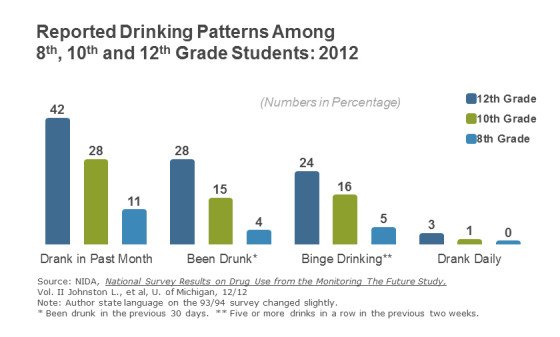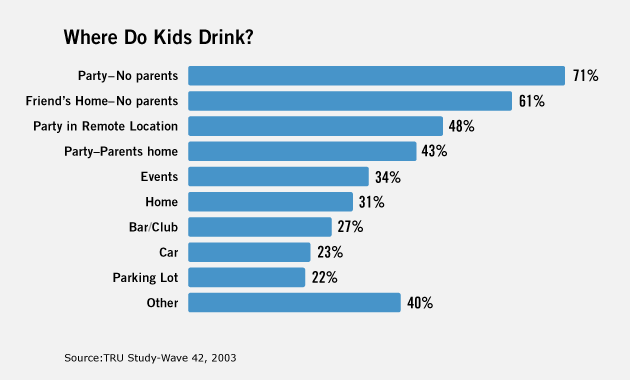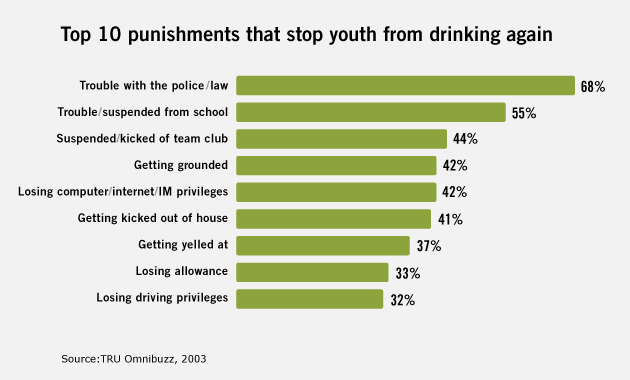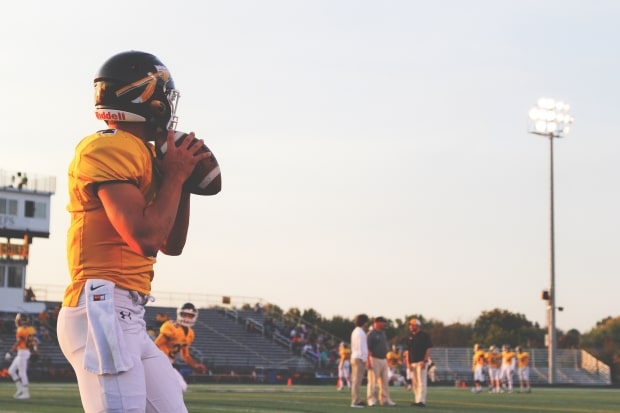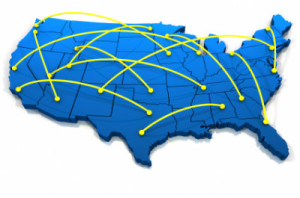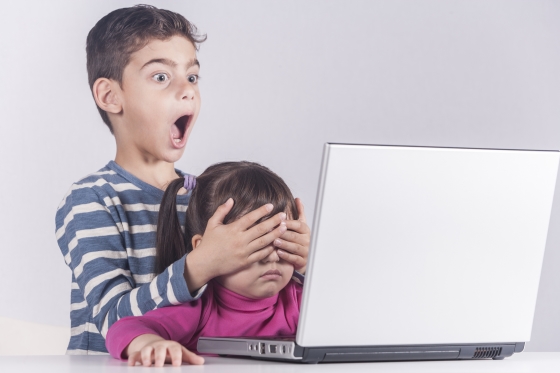Underage Drinking – What A Parent Can Do To Stop It
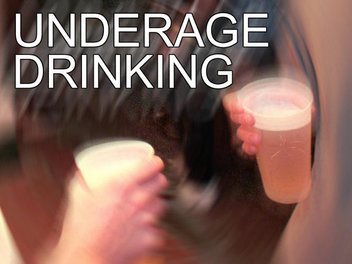
Statistics on Underage Drinking
According to statistics, the average age for the first time use of alcohol is 13 years old for girls and 11 years old for boys.
Statistics also show teenagers who started drinking before they turn 15 years old are at an increased risk to end up dependent and addicted to alcohol in their adult life, compared to teenagers who started drinking after they turn 21 years old – the legal age for drinking in the United States.
Alcohol is considered one of the major causes of motor vehicle accidents in teens. A study in 2010 showed alcohol-related accidents accounted for 56% of deaths in teenagers 15 to 20 years old. These sobering facts should cause you serious concern if you suspect your teenager is drinking.
Consequences of Underage Drinking
Like with most temptations, there will come a time in your teen’s life they will be tempted to try alcohol. You cannot be with them all the time to tell them not to drink. However, you can educate your teen about the probable consequences of underage drinking so they can make an informed decision when the temptation presents itself. Probable consequences of underage drinking:
- Linked to academic failure.
- Plays a role in risky sexual behavior, including unwanted, unintended and unprotected sexual activity.
- Increases risk for unplanned pregnancy and contracting sexually transmitted diseases.
- In conjunction with pregnancy may result in fetal alcohol spectrum disorders which is the leading cause of mental retardation.
- Linked to illicit drug use.
- A range of physical consequences from hangovers to death from alcohol poisoning.
- Changes in the structure and function of the developing brain contributing to long-term negative effects.
- Petty crimes such as sexual assault, assault and battery, disturbing the peace, etc.
- Result in legal problems such as DUI or DWI charges.
- Could be sentenced to juvenile detention in addition to community service, payment of fines, as well as suspension of their driver’s license.
- Also have to go to alcohol counseling sessions, safety driving courses, as well as rehabilitation, if they are found to be addicted to alcohol
- You can learn more about DWI cases online.
Drinking can be very addictive. If you suspect your teen is addicted to alcohol, you have to do everything you can to help your teen break free from their addiction.
Preventing Underage Drinking
Dialogue with your teen regularly about underage drinking and the consequences before it becomes a problem in their life.
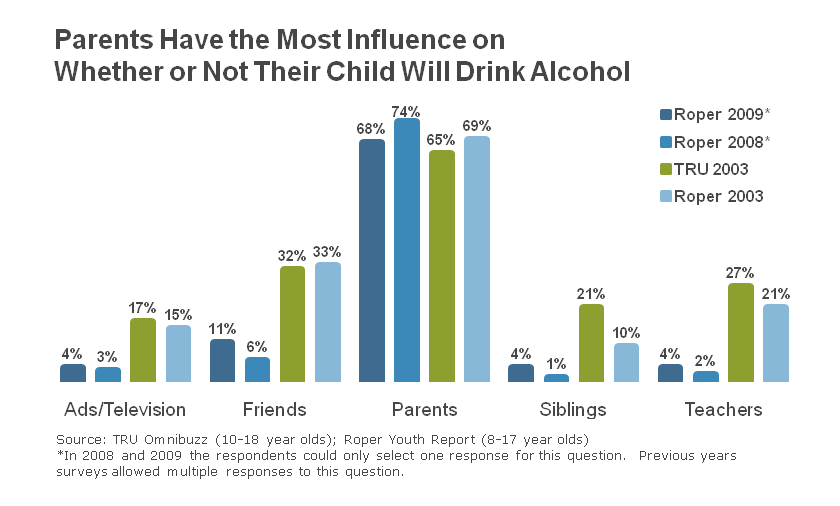
Be firm yet gentle and never show anger. Your response should be based on tough love. Do not blame them for their problems. You are only going to force them away and delay help. Instead, try to understand your teen and together help them come up with solutions to their problems.
Establish standards of behavior while your teen continues to live under your roof. Support your teen in their efforts to stop drinking. Encourage them and cheer them on each day they beat their addiction.
If they’re having a tough time stopping drinking, then seek professional help. You teen will need counseling and guidance to break the habit.
Jennifer Dae is a freelance article writer for parenting blogs. She writes about parenting tips and advice for troubled teens.

